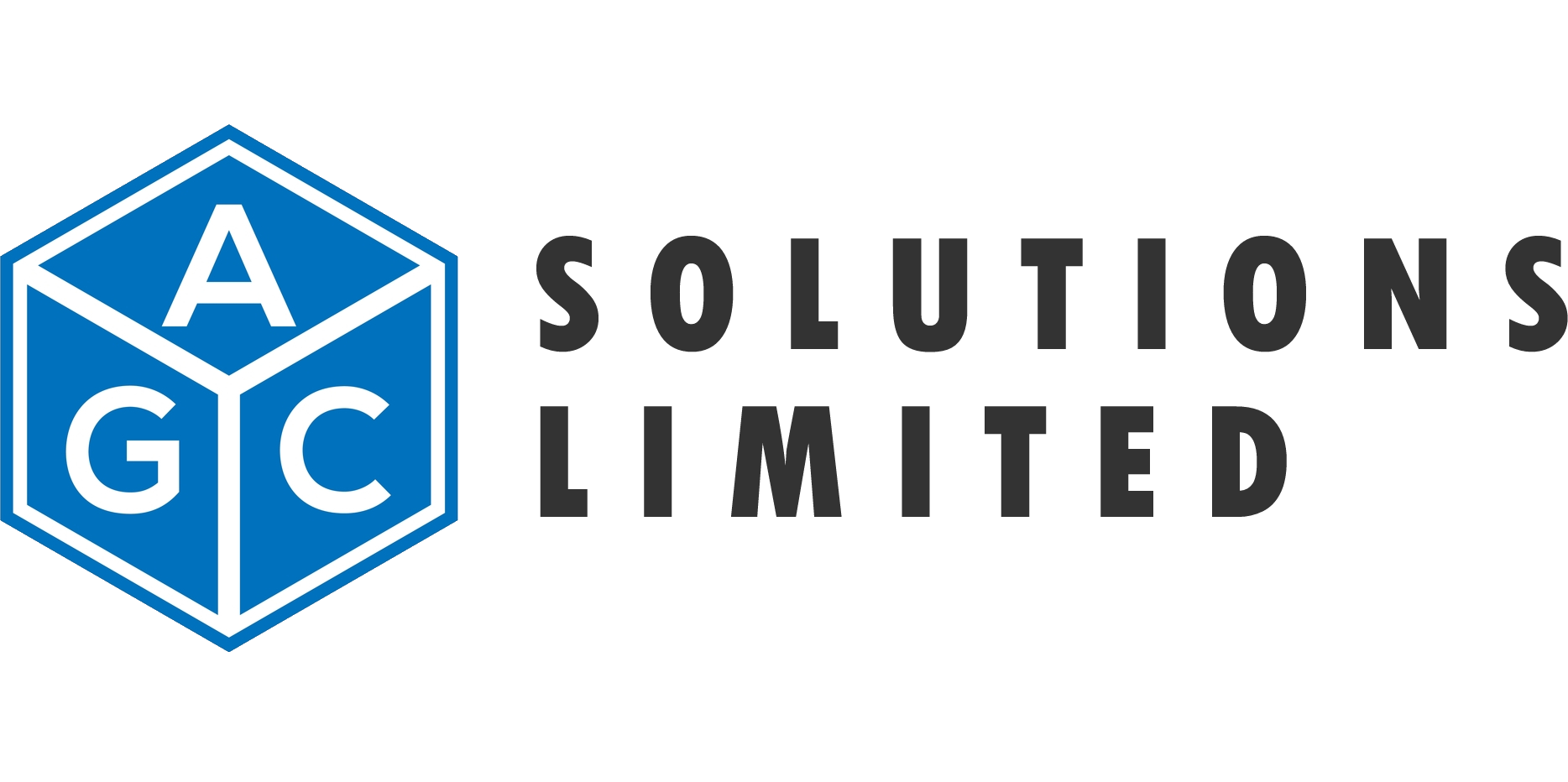London, UK
A small business loan is a financial product designed specifically to provide funding to small businesses for various purposes, such as starting a new business, expanding operations, purchasing equipment or inventory, or managing cash flow needs. Small business loans are typically offered by banks, credit unions, and alternative lenders.
Here are some key aspects of small business loans:
- Loan Amount: Small business loans can range from a few thousand dollars to several million dollars, depending on the lender and the borrower’s creditworthiness. The loan amount is determined based on factors such as the business’s financial health, credit history, business plan, and the purpose of the loan.
- Repayment Terms: Small business loans come with specific repayment terms. The borrower is required to make regular payments, typically on a monthly basis, which include both principal and interest. The repayment period can vary from a few months to several years, depending on the loan amount and the borrower’s financial situation.
- Interest Rates: The interest rates on small business loans can be fixed or variable. Fixed rates remain the same throughout the loan term, providing predictable monthly payments. Variable rates are usually tied to a benchmark rate, such as the prime rate, and can fluctuate over time. The interest rate offered to a borrower is influenced by factors like creditworthiness, the business’s financial stability, and market conditions.
- Collateral and Guarantees: Depending on the loan amount and the lender’s requirements, small business loans may be secured or unsecured. Secured loans require collateral, such as business assets or personal assets of the business owner, to secure the loan. Unsecured loans do not require collateral but may have stricter eligibility criteria and higher interest rates. Lenders may also require personal guarantees from business owners, making them personally liable for loan repayment if the business defaults.
- Application Process: Small business loan applications typically involve providing detailed information about the business, its financial statements, business plan, purpose of the loan, and the borrower’s personal financial information. Lenders evaluate the application based on factors like credit history, business revenue, cash flow, and profitability. The approval process can vary in duration, ranging from a few days to several weeks.
- Government-backed Programs: In many countries, government-backed loan programs, such as the Small Business Administration (SBA) loans in the United States, offer additional support to small businesses. These programs provide loan guarantees to lenders, reducing their risk and enabling them to offer more favorable terms to small businesses.
Small business loans are an essential source of financing for entrepreneurs and small business owners, providing the necessary capital to start, grow, and sustain their businesses. It’s important for borrowers to carefully consider their financial needs, repayment capabilities, and shop around to find the best loan terms and interest rates for their specific requirements.
Looking for funding solutions or expert mortgage guidance?
Reach out to us now and unlock the opportunities that await you.

